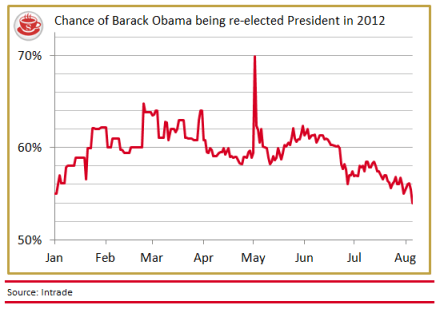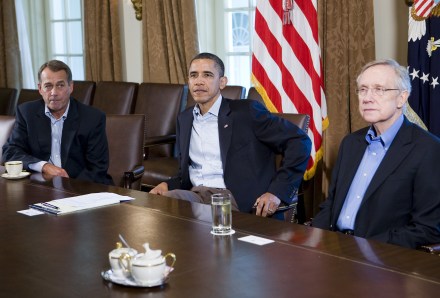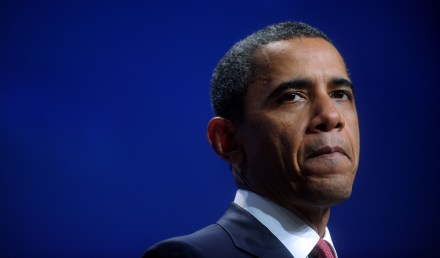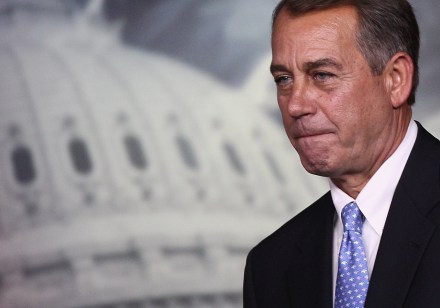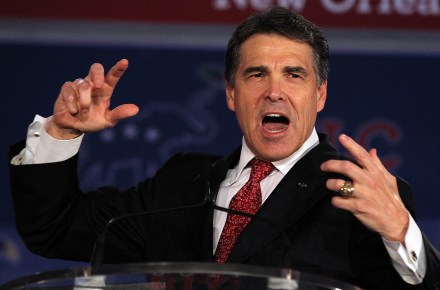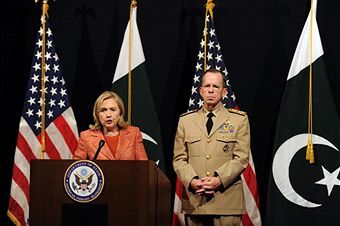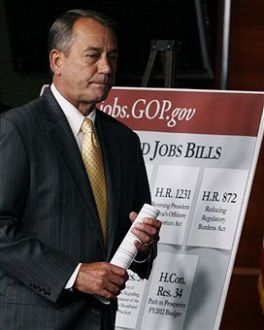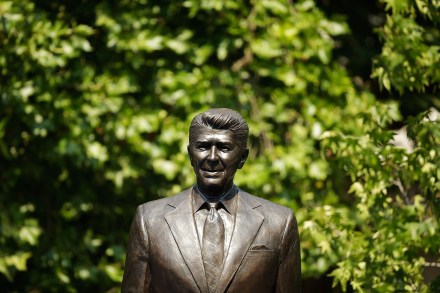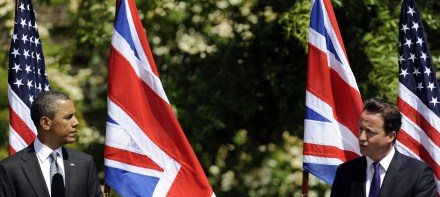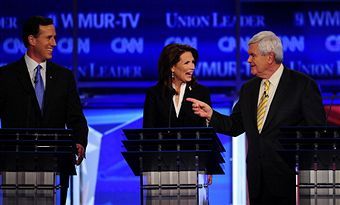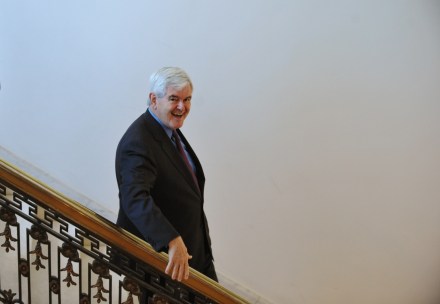Why Obama is still odds on for re-election — just
A credit downgrade, unemployment at 9.1 per cent, spluttering growth — the economic cards are certainly stacked against Obama for his re-election in 2012. But here’s the thing: American punters still think that he’s more likely to win next November than not. Perhaps that’s because, contrary to Clinton’s famous slogan, it’s not actually all about the economy. According to Nate Silver’s analysis of the last 25 presidential elections, a better rule of thumb is “it’s half the economy and half everything else, stupid”. So if Obama’s losing the first half, what about the “everything else”? The proportion of Americans telling Gallup they approve of Obama’s performance hit a new low
